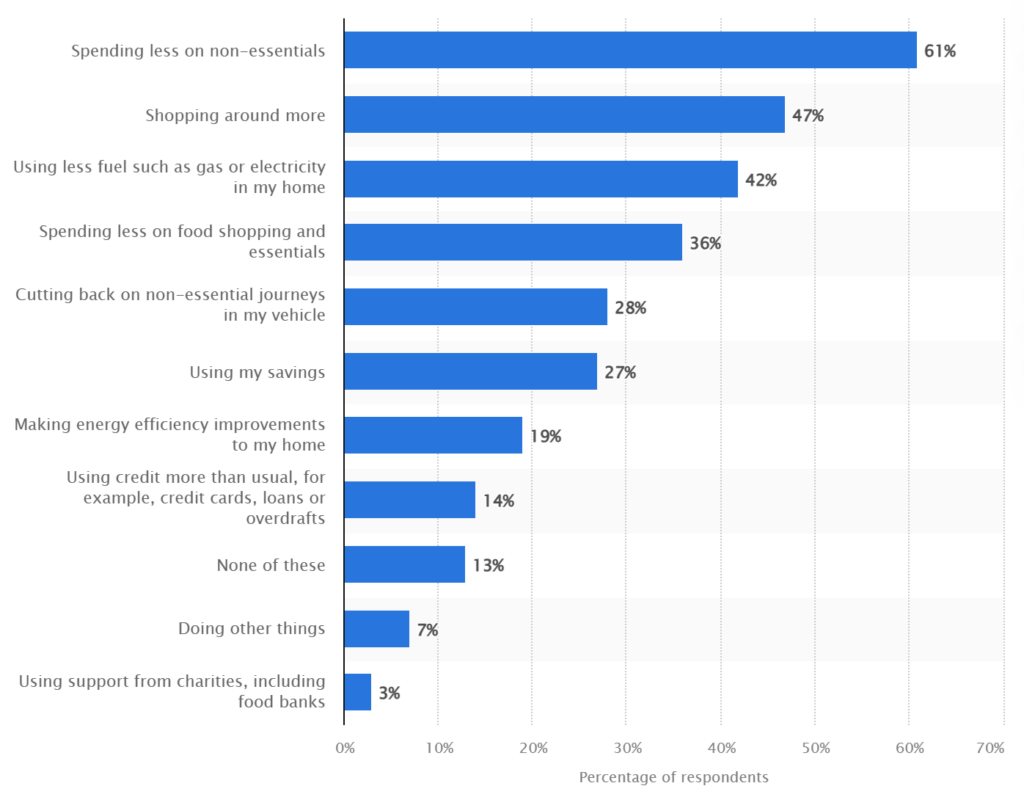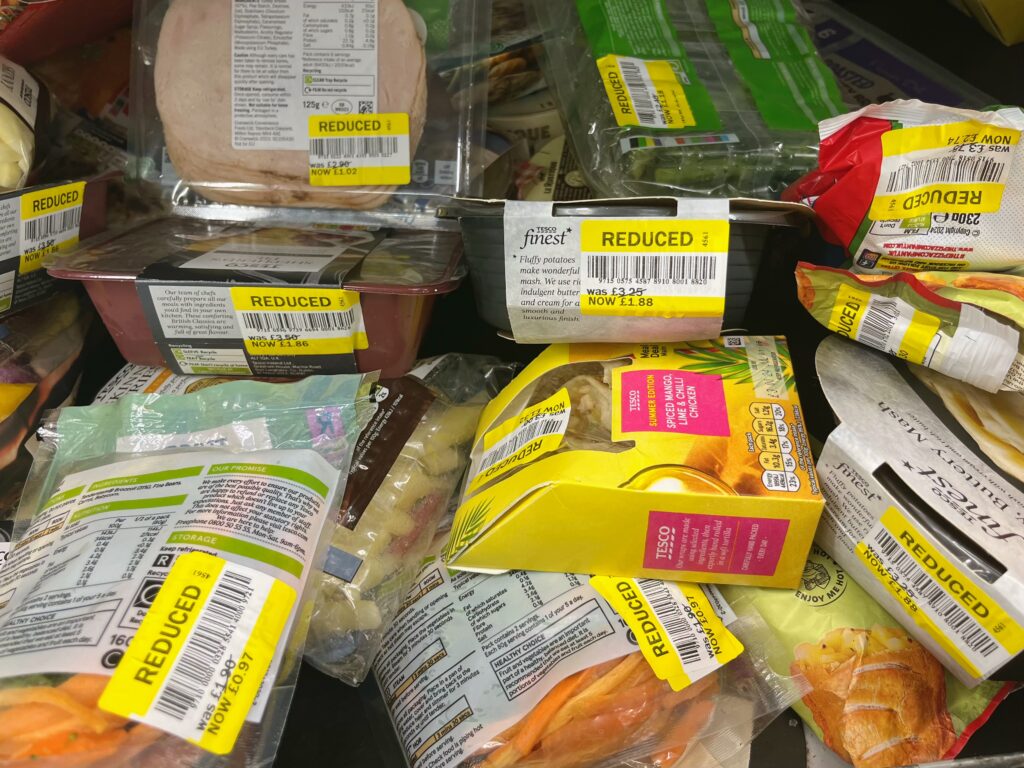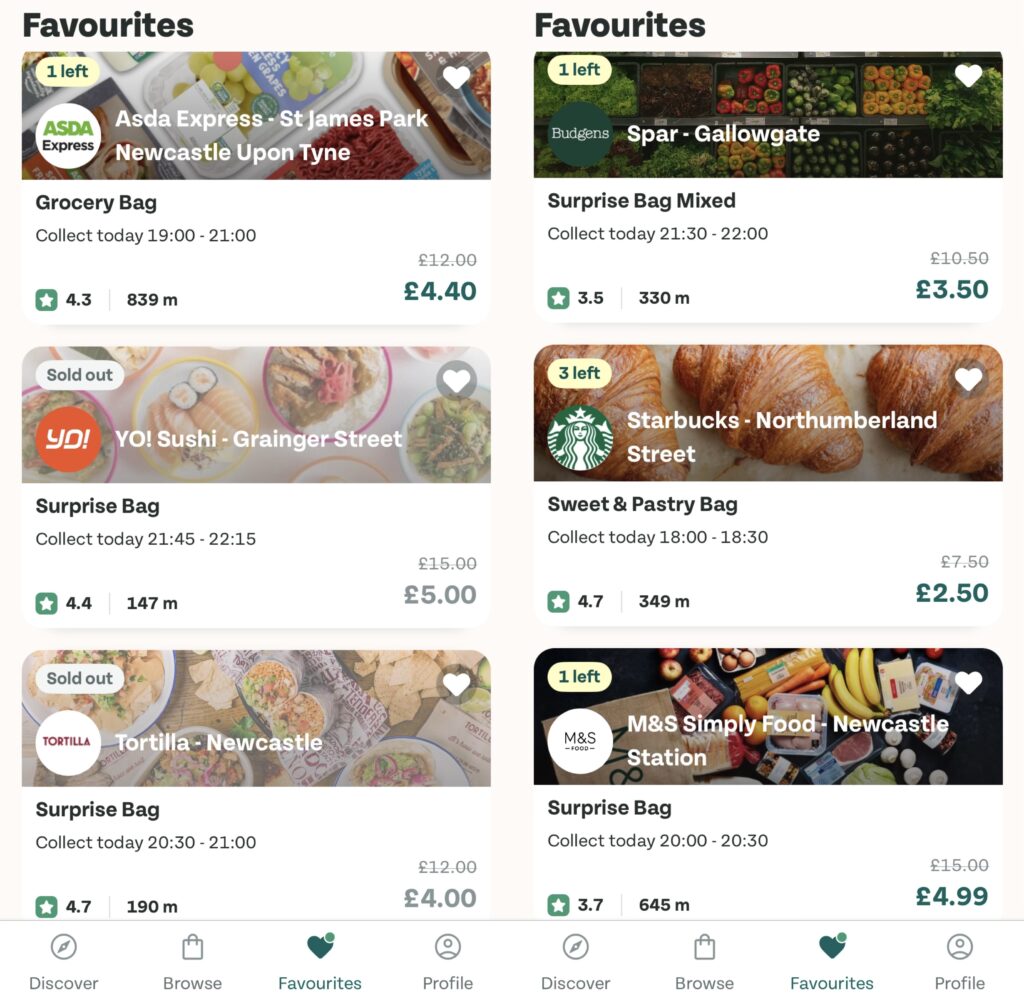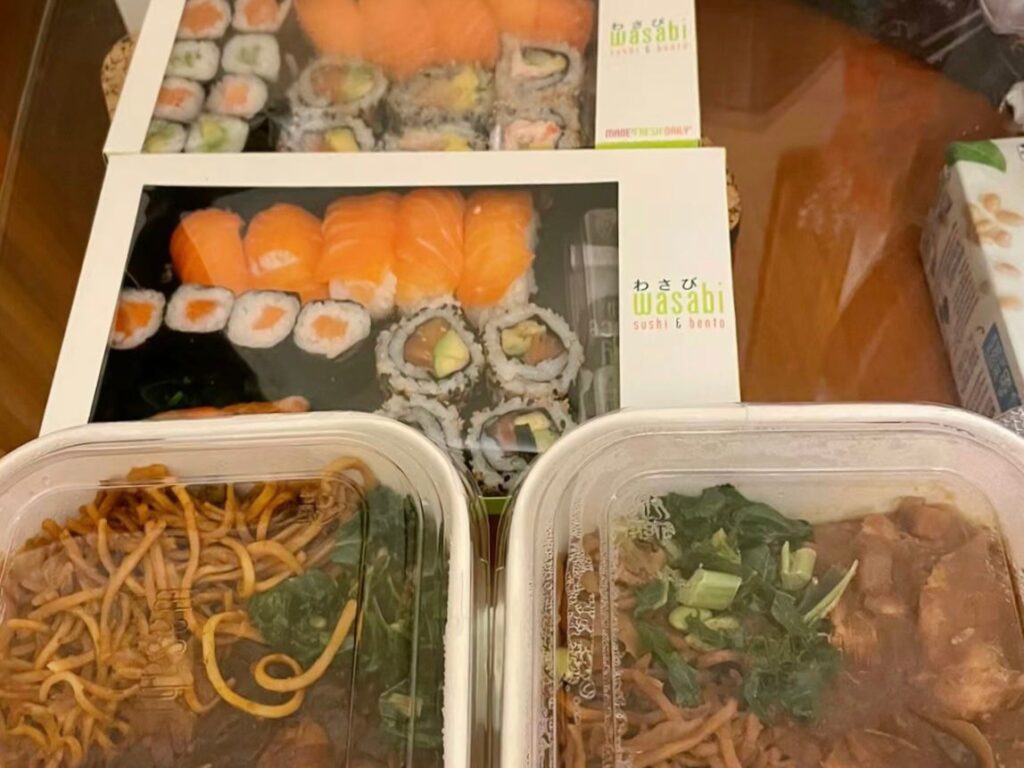Since late 2021, living standards for UK households have fallen significantly. Driven by rampant inflation, the UK’s ongoing cost of living crisis remains one of the main concerns for Britons in 2024. According to a report released in May 2024 by Statista analyst D. Clark, 61% of households in Great Britain have already started to spend less on non-essentials.

Under such economic pressure, many people have chosen discounted food that is close to its expiry date and marked with yellow stickers in supermarkets to save on living expenses.

Yellow stickers offer a practical solution for those who need to manage their budget while maintaining nutritional standards. These discounts also help to reduce food waste, providing a dual benefit to individuals and society. If you are looking to reduce your expenses while supporting a healthy diet, consider incorporating yellow sticker foods into your shopping routine.
Charlotte Han, an international student from China, is studying Business at Newcastle University in the UK. Due to the high tuition fees, she has to be very careful with her daily expenses. She proudly describes herself as a “savvy shopper” and shares her experience of how to save money on her food budget with Food-WellNews.
“I live near the business school at Newcastle University and frequently shop at the nearby Tesco. I find the shop typically starts putting up yellow stickers at around 3pm.”
She also mentioned M&S in the city centre,
“Although the food quality is very good, the prices are a bit steep for a student budget. I usually go there during the last hour before they close, that’s when I can find the most yellow stickers.”
In addition to seeking out yellow stickers, Charlotte utilises the app “Too Good To Go” to purchase surplus food. The app collaborates with various supermarkets and restaurants to help them clear out surplus food. Stores list “surprise bags” through the app, which are filled with the day’s surplus food and can be reserved by consumers.

“Through this app, I once paid £4 for surplus food at the Co-op that was originally priced at over £60. It was my biggest surprise.”

“I rely on this app a lot for my dinners because I can eat well for very little money. For example, I once got 5 pastries from Starbucks for £3 or 2 sushi boxes and 2 noodle dishes from Wasabi for £5.”

Charlotte’s experience not only illustrates how she manages to alleviate the financial burden of living costs in the UK with savvy strategies, but also highlights the importance of these shopping methods for supporting sustainable consumption.
This website is part of a student project. While the information on this website has been verified to the best of our abilities, we cannot guarantee that there are no mistakes or errors.
The material on this site is given for general information only and does not constitute professional advice.
The views expressed through this site are those of the individual contributors and not those of the website owner. We are not responsible for the content of external sites.
Connect with us on Instagram: @Food-WellNews
